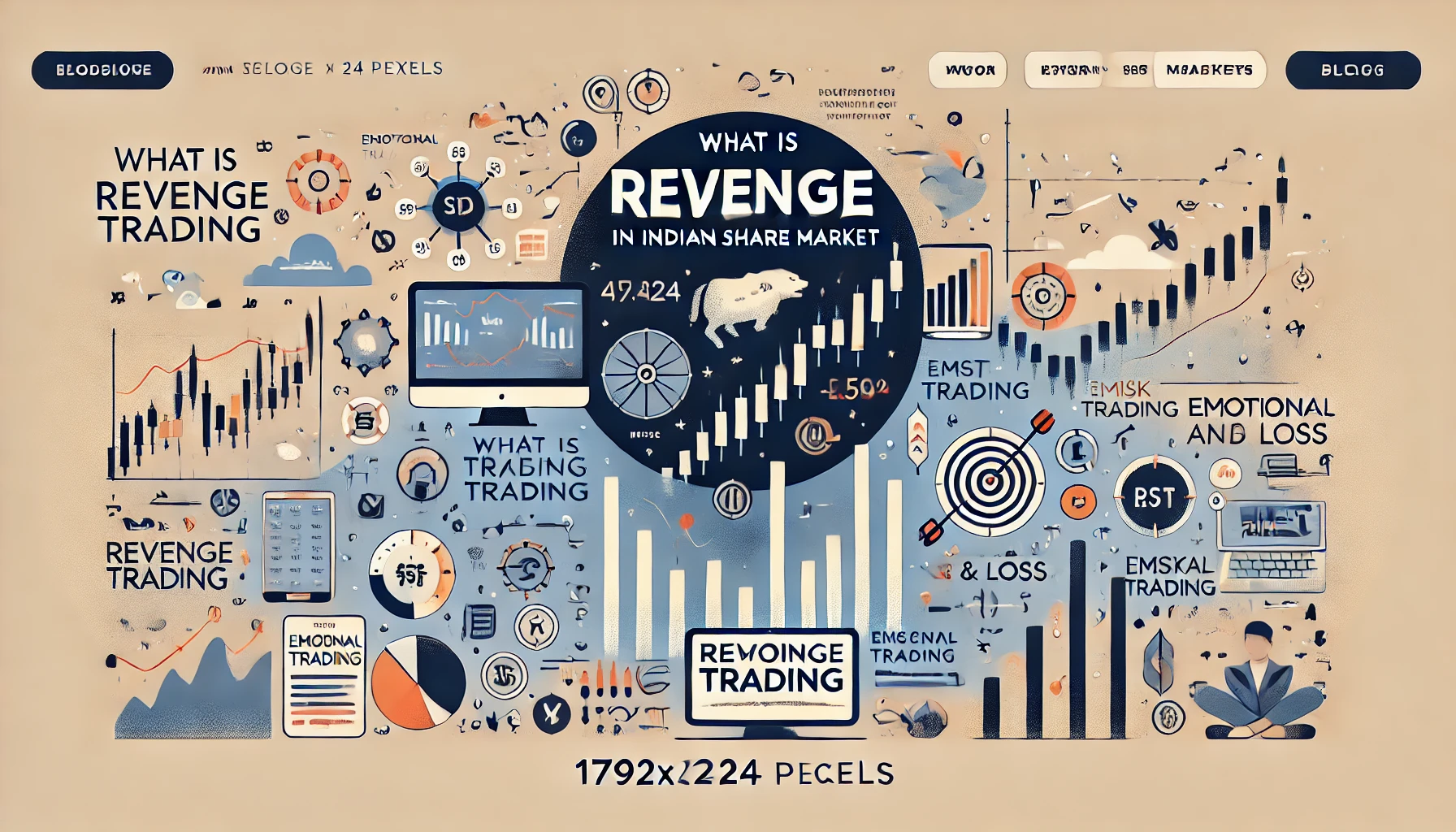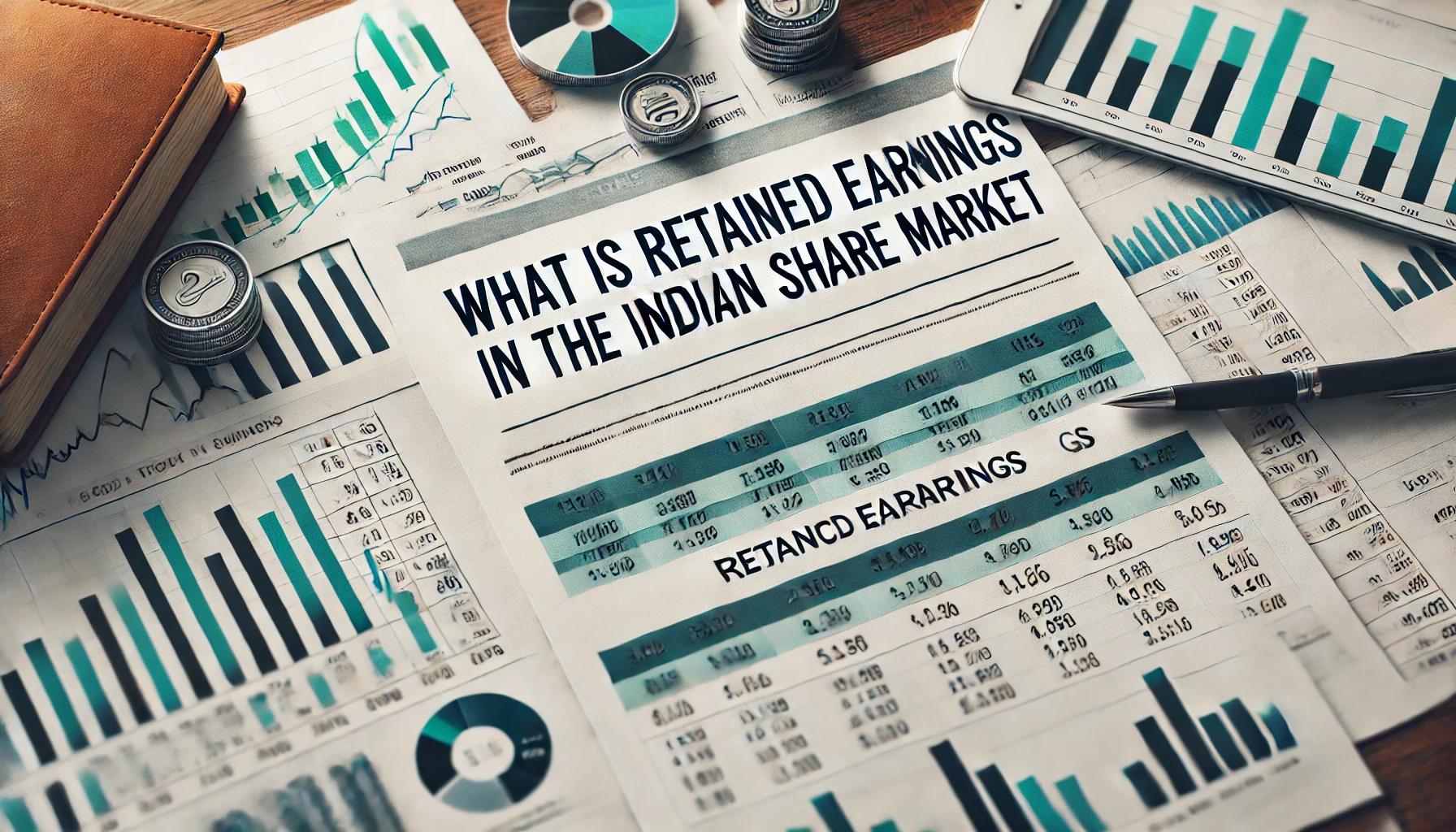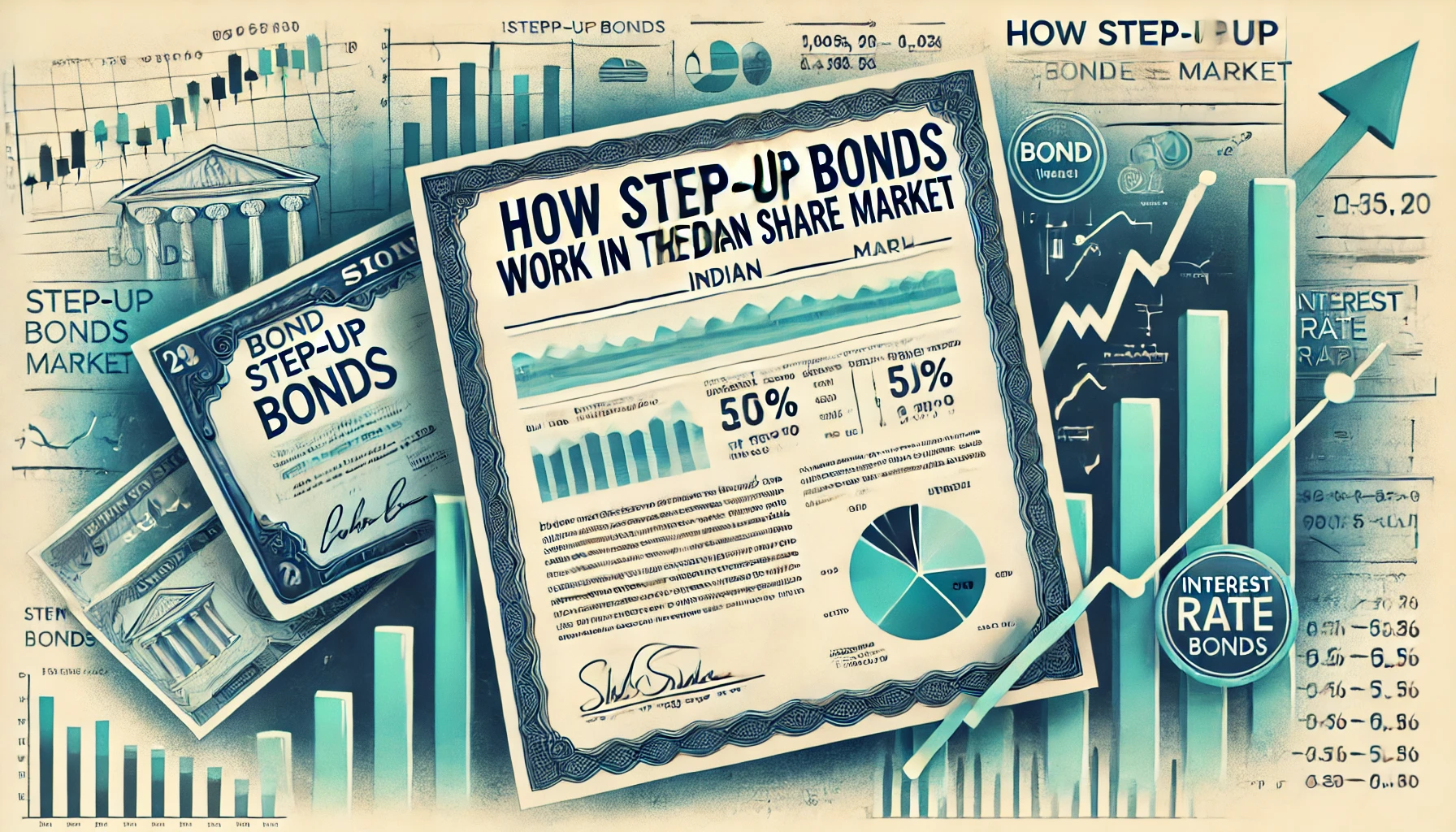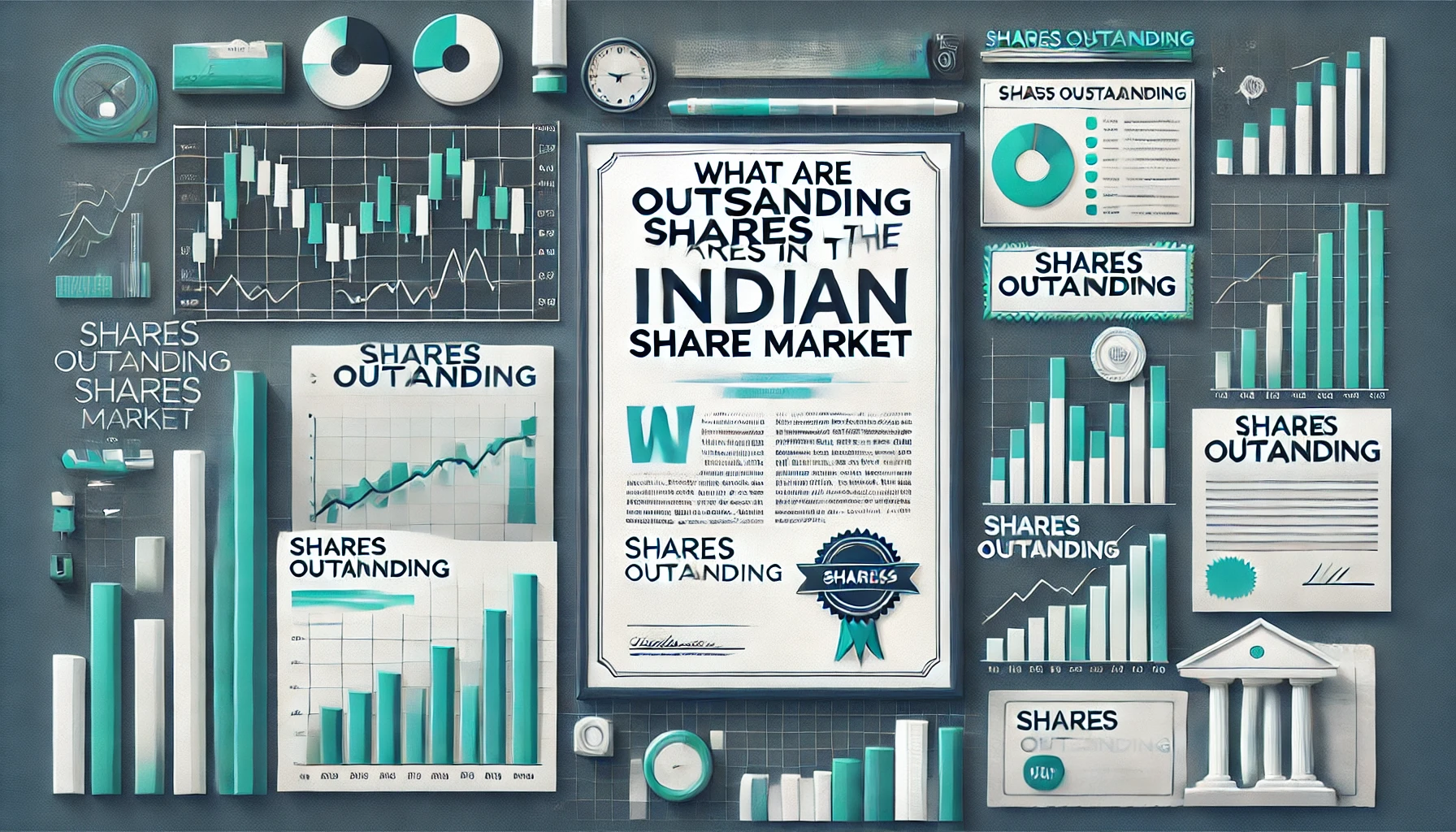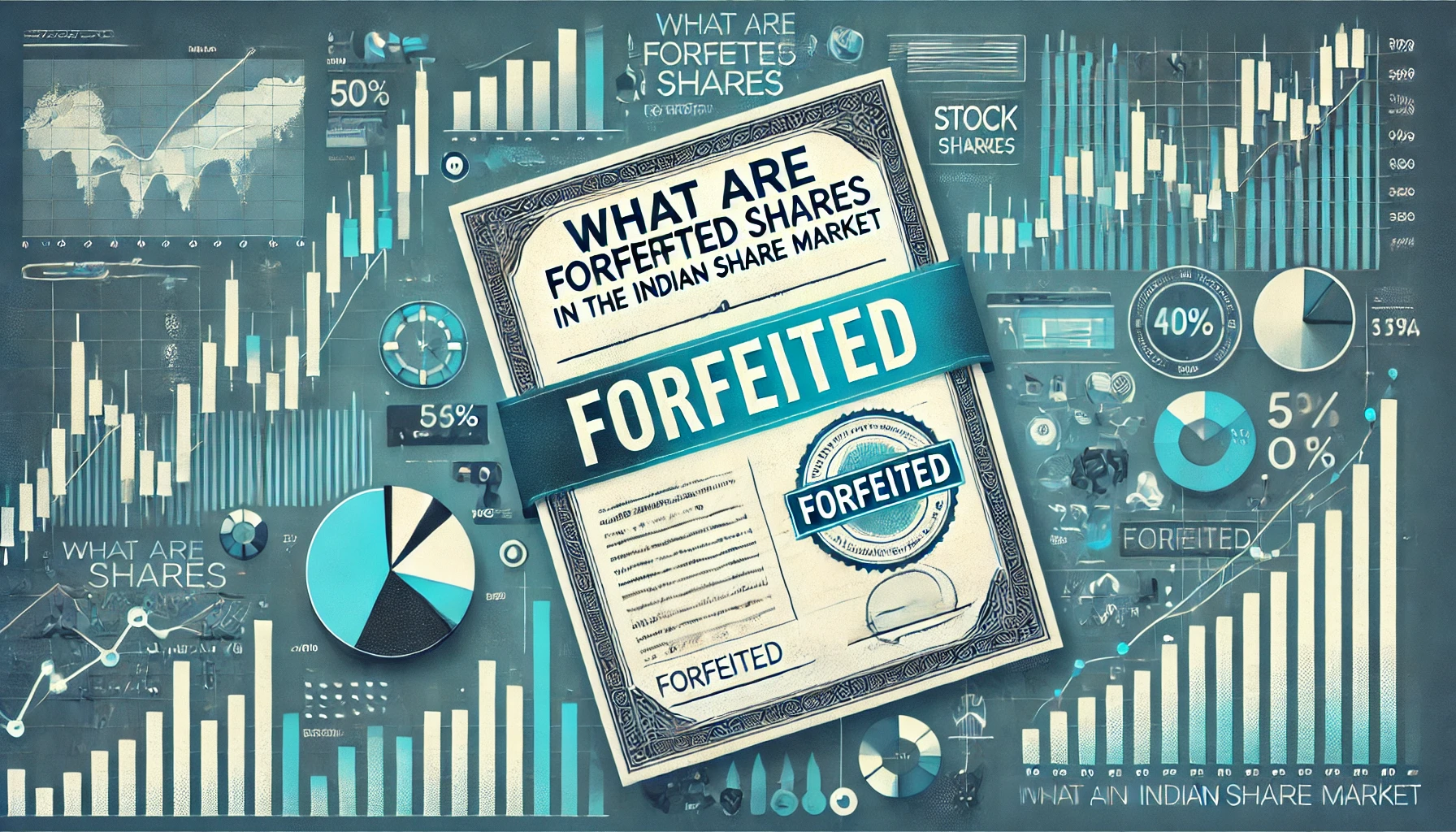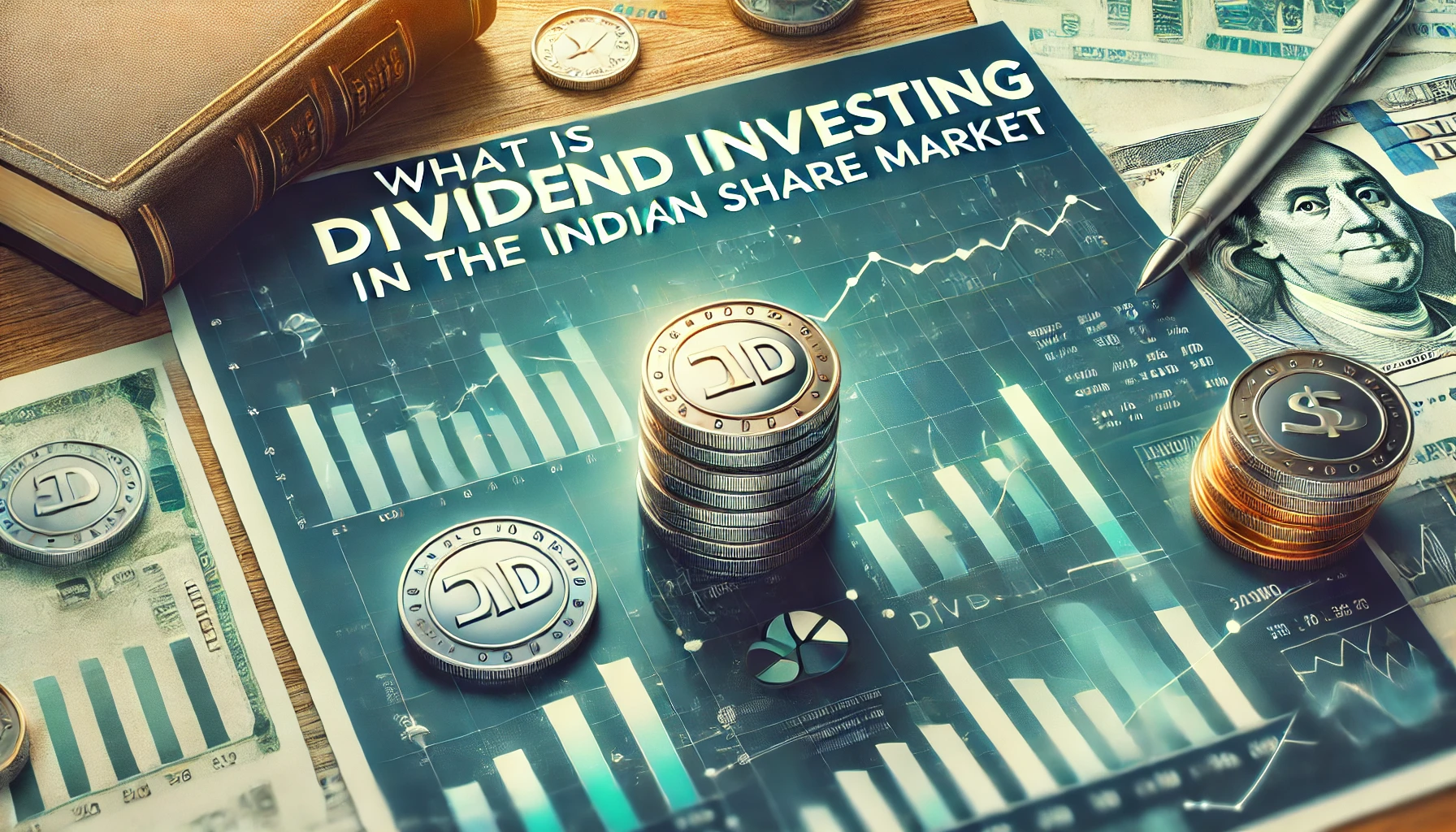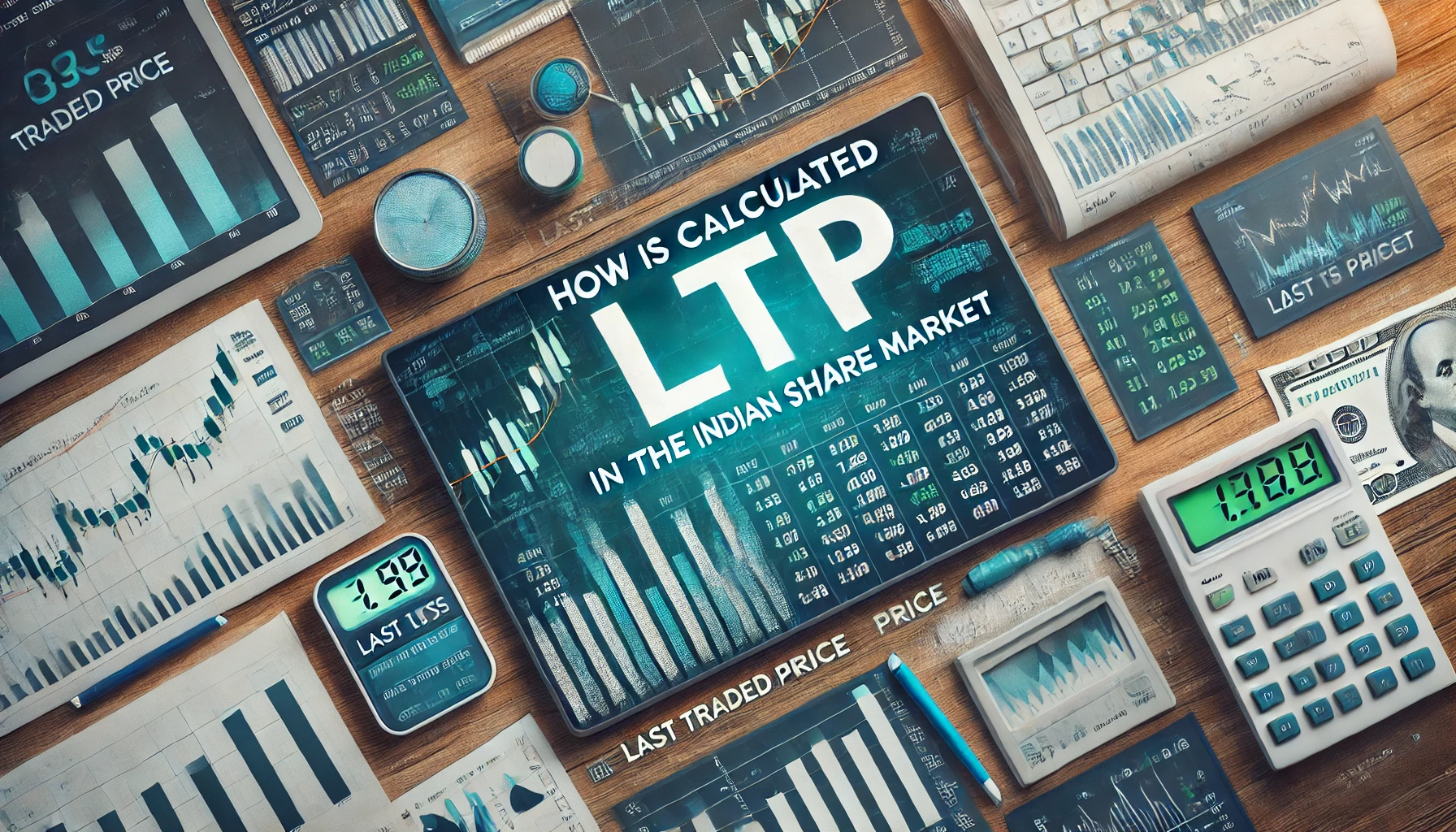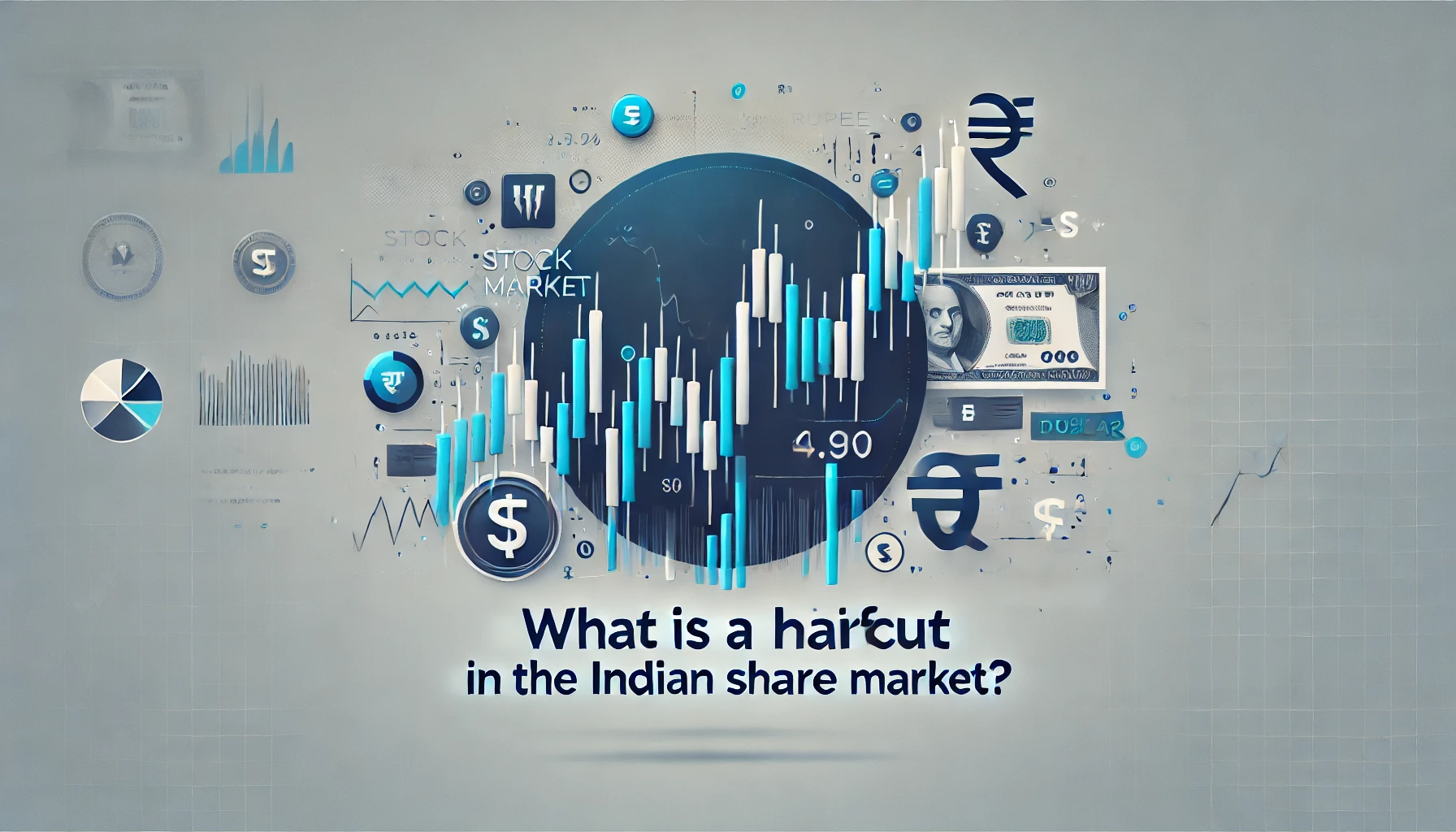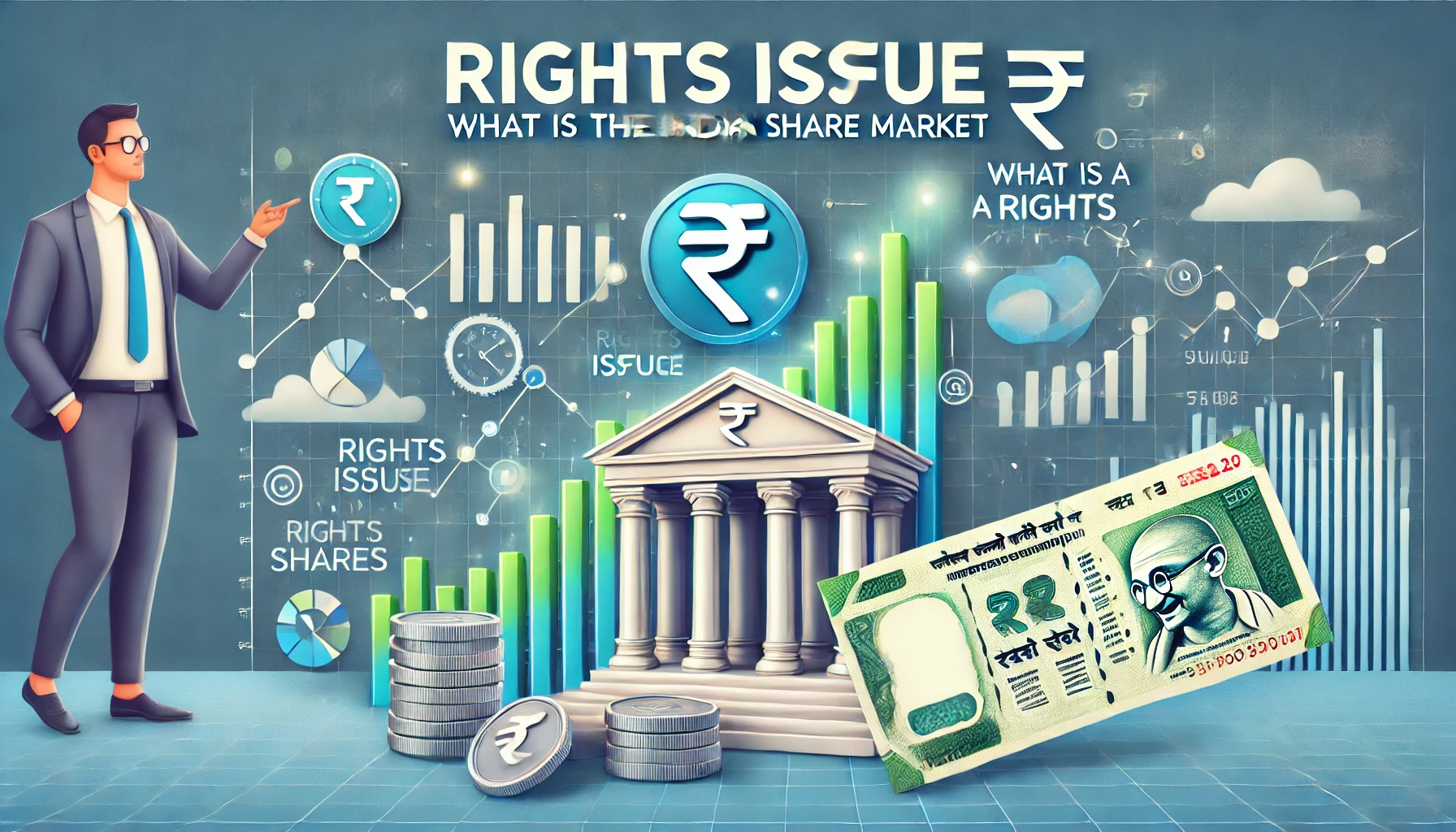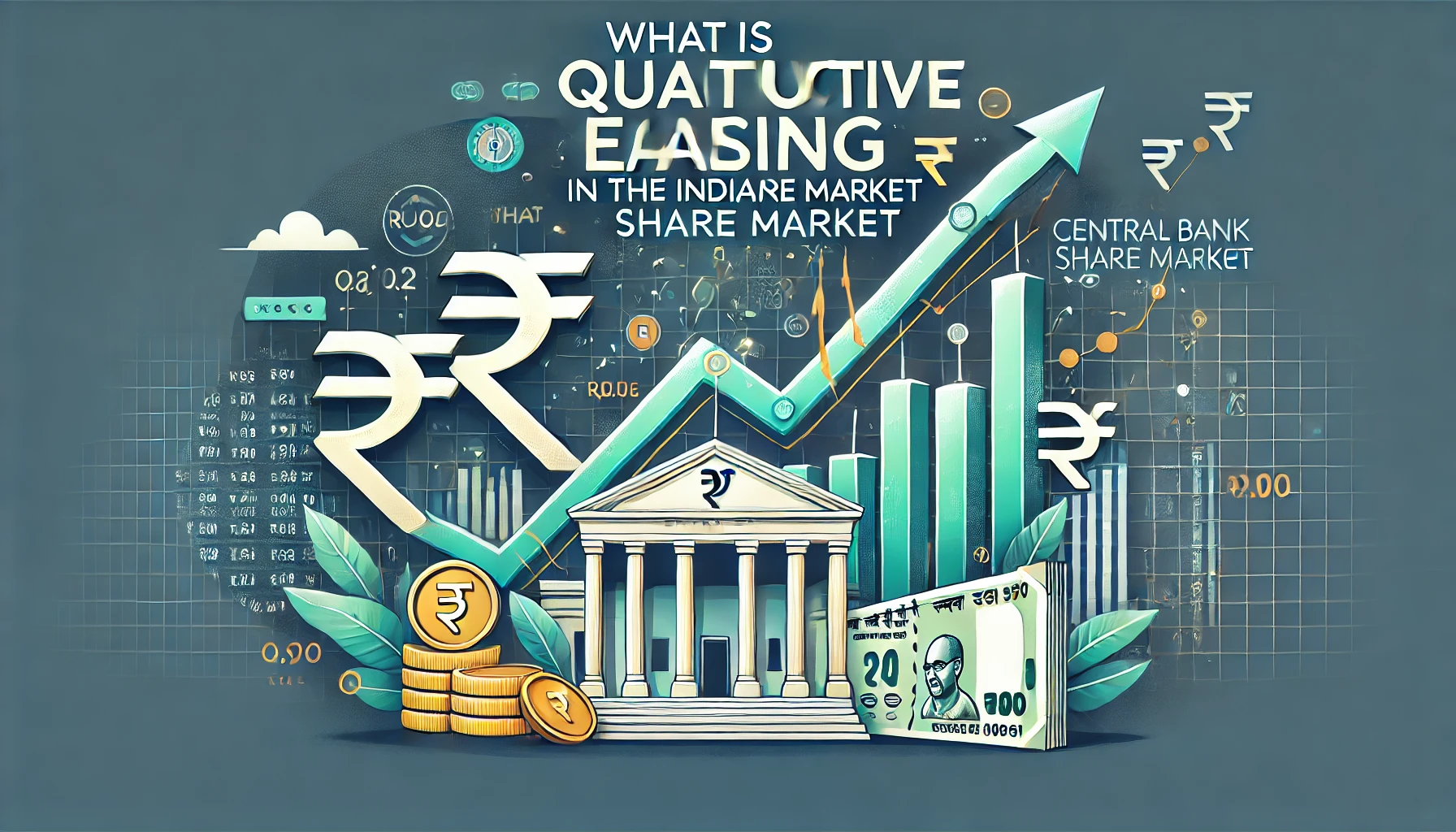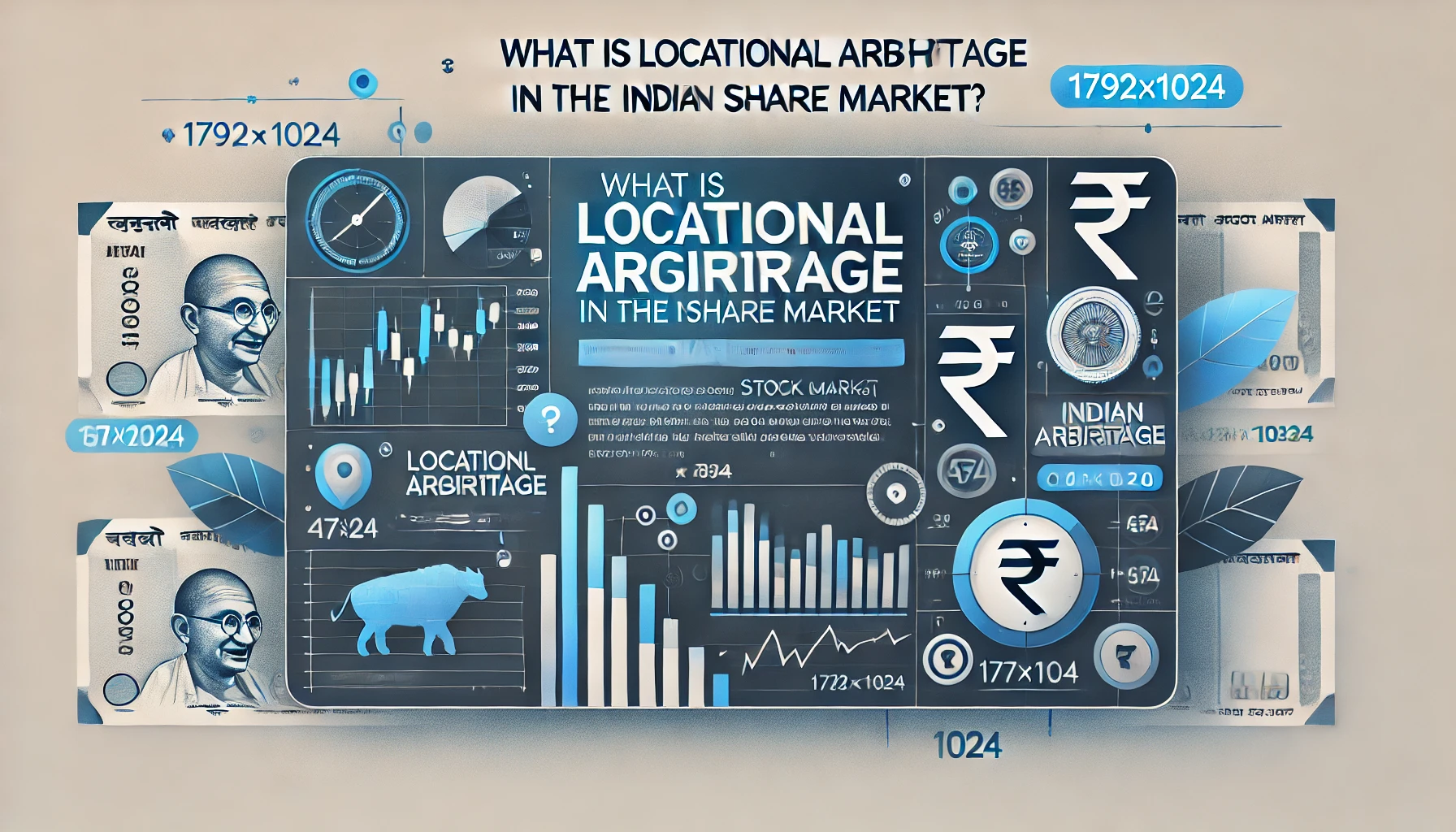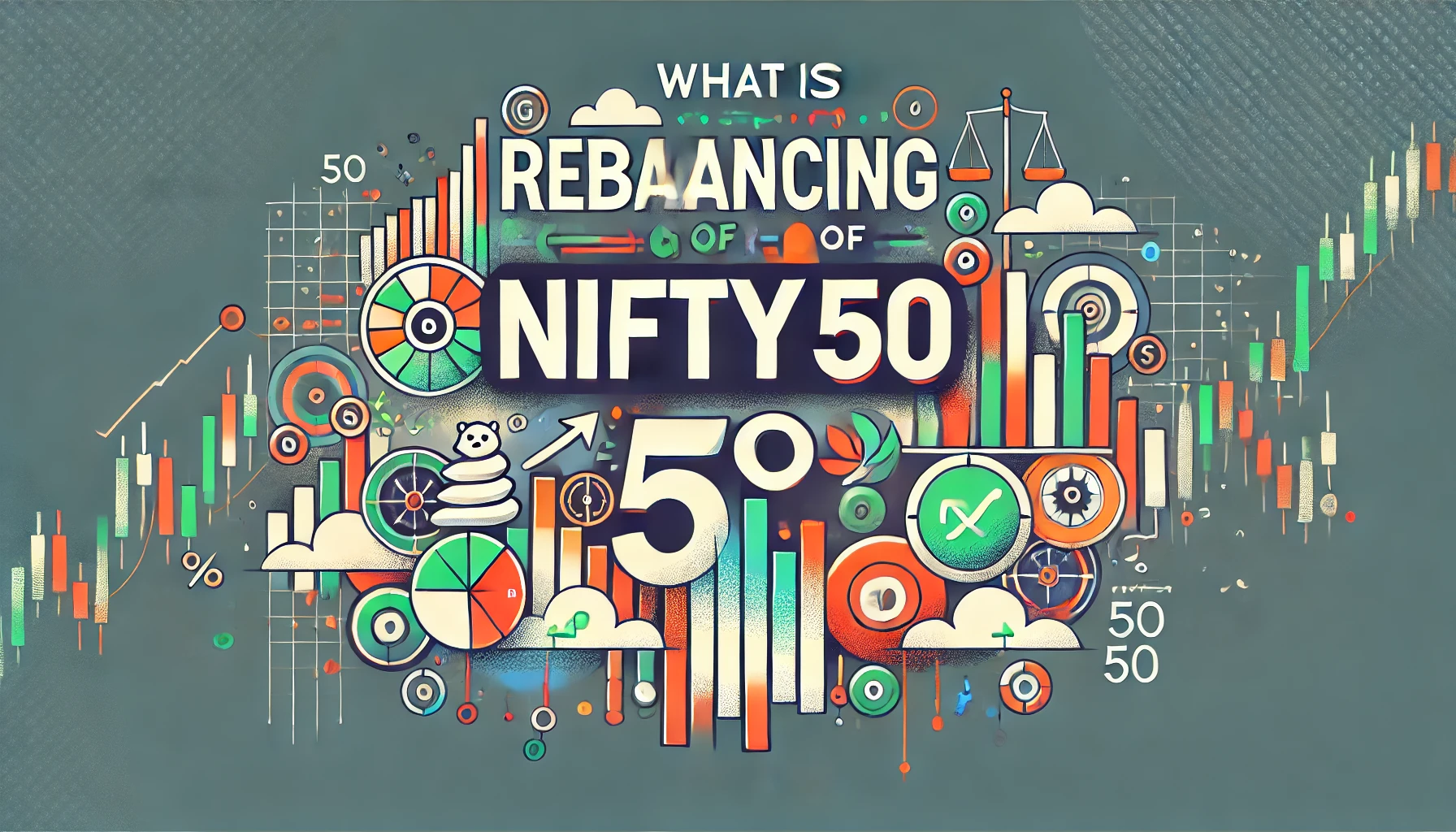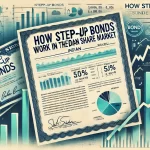Revenge trading is an emotional trading behavior where investors attempt to recoup losses by making aggressive trades. This behavior, often triggered by frustration and impatience, can lead to irrational decision-making and further losses. In the Indian share market, revenge trading is a common pitfall, particularly during times of high volatility and market downturns.
Table of Contents
- Introduction to Revenge Trading
- Why Do Traders Engage in Revenge Trading?
- Signs of Revenge Trading
- Psychological Impact of Revenge Trading
- Historical Examples of Revenge Trading in India
- Strategies to Avoid Revenge Trading
- Case Studies on the Consequences of Revenge Trading
- Frequently Asked Questions on Revenge Trading
- Conclusion
1. Introduction to Revenge Trading
Revenge trading is the practice of entering trades impulsively after incurring losses to recover quickly. Rather than following a structured trading plan, investors act on emotions, often leading to poor decision-making. The consequences of revenge trading can be devastating, as losses may snowball due to risky positions, lack of strategy, and increased leverage.
2. Why Do Traders Engage in Revenge Trading?
The urge to “win back” losses fuels revenge trading. Common triggers include:
- Emotional Reaction: Frustration, anger, and disappointment over losses.
- Fear of Missing Out (FOMO): Fear of not recovering missed opportunities.
- Pressure to Meet Financial Goals: Personal or professional pressure can lead to hasty trades.
- Overconfidence: Belief in regaining losses by doubling down on positions.
3. Signs of Revenge Trading
Identifying the signs of revenge trading can help traders recognize and avoid it. Here are some red flags:
| Sign | Description |
|---|---|
| Increasing Trade Size | Entering larger positions than usual in hopes of faster recovery. |
| Frequent Trading | Making impulsive trades without a well-defined plan. |
| Ignoring Risk Limits | Exceeding predefined risk or capital limits. |
| Emotional Decisions | Acting on anger, frustration, or desperation. |
4. Psychological Impact of Revenge Trading
Revenge trading can lead to psychological distress, affecting both mental and financial well-being. Emotional trading often leads to feelings of regret, increased stress, and further impulsive behavior, creating a cycle of losses. This behavior can be especially harmful to retail investors, who may lack the emotional resilience to manage repeated losses.
5. Historical Examples of Revenge Trading in India
Revenge trading has occurred in the Indian market, especially during market corrections or crashes. The 2008 financial crisis, for example, saw many retail investors trying to recover their losses through impulsive trades, resulting in further losses as the market continued to decline. Similarly, the market corrections during the COVID-19 pandemic in 2020 led to increased revenge trading among new and inexperienced investors.
Historical Data: Indian Market Reactions
| Year | Market Event | Common Investor Reaction | Consequences |
|---|---|---|---|
| 2008 | Financial Crisis | Aggressive buying after losses | Widespread retail losses |
| 2016 | Demonetization | Increased volatility | Risky trades, losses |
| 2020 | COVID-19 Pandemic | Panic selling, revenge trading | Significant portfolio erosion |
6. Strategies to Avoid Revenge Trading
Avoiding revenge trading requires discipline, self-awareness, and adherence to a structured trading plan. Here are some strategies:
6.1. Develop a Trading Plan
A well-defined trading plan with risk limits, entry/exit points, and clear objectives can reduce impulsive decisions.
6.2. Manage Emotions with Mindfulness
Emotional control is essential. Techniques like mindfulness, meditation, and regular breaks can help traders remain calm under pressure.
6.3. Use Stop-Loss Orders
Implementing stop-loss orders can prevent excessive losses, ensuring trades align with risk tolerance.
6.4. Analyze and Learn from Losses
Viewing losses as learning opportunities rather than setbacks can reduce frustration. Traders should analyze each trade to understand what went wrong.
7. Case Studies on the Consequences of Revenge Trading
Case Study 1: The Post-Demonetization Market
After the demonetization event in 2016, several investors engaged in revenge trading, attempting to capitalize on market volatility. However, many suffered losses due to lack of planning and hasty decision-making. This event highlighted the risks of revenge trading, especially during uncertain economic periods.
Case Study 2: COVID-19 Pandemic and New Investors
The market downturn in March 2020 led to an influx of new retail investors, many of whom engaged in revenge trading. With limited experience, they made risky bets on volatile stocks, resulting in heavy losses as the market continued to fluctuate.
8. Frequently Asked Questions on Revenge Trading
Q1. Is revenge trading common in the Indian market? A: Yes, particularly during volatile periods. Retail investors, in particular, may engage in revenge trading as they lack experience and emotional resilience.
Q2. Can revenge trading lead to permanent financial loss? A: Yes, aggressive trades and increased leverage can deplete capital, sometimes leading to irreversible losses.
Q3. How can investors prevent revenge trading? A: Maintaining a structured trading plan, using stop-losses, and practicing emotional control are effective ways to avoid revenge trading.
9. Conclusion
Revenge trading is a common, yet harmful, behavior in the Indian share market that can lead to significant financial and psychological consequences. Understanding the risks and recognizing the signs of revenge trading can help investors avoid costly mistakes. By staying disciplined, developing a solid trading plan, and managing emotions, investors can make rational, informed decisions that support long-term success in the market.
